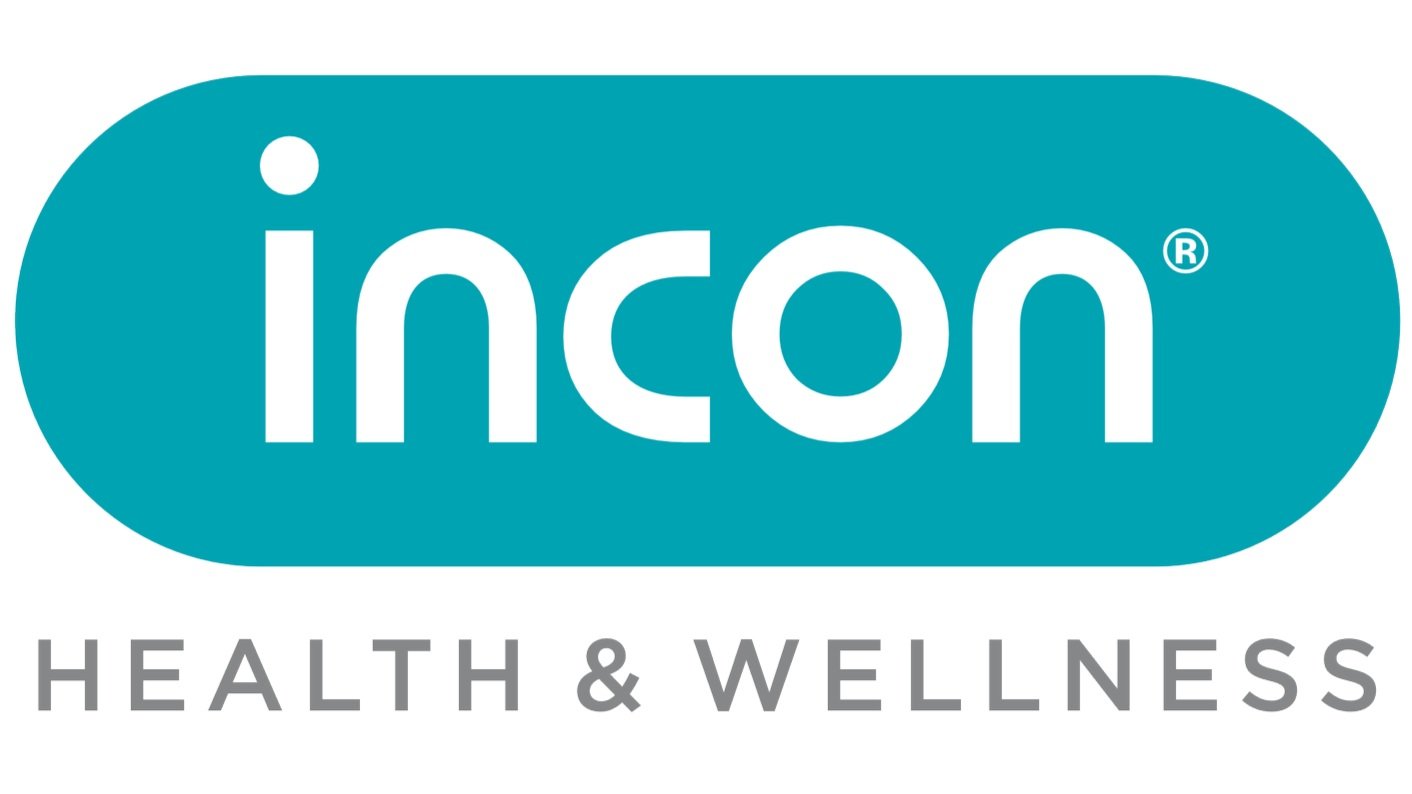The Importance of Finding Balance
In a world that moves quickly, the ability to adapt and manage stress isn't just an advantage—it's essential. Chronic stress can manifest in physical symptoms that affect our daily lives and long-term health. This blog explores how stress impacts our physical well-being and provides innovative strategies to turn stress management into an empowering part of your daily routine.
How Stress Affects the Body
Cardiovascular Health The rush of adrenaline and cortisol that comes with the "fight or flight" response can be lifesaving in emergencies but damaging when constantly activated. It leads to higher blood pressure, increased heart rate, and elevated cholesterol levels, which can all heighten the risk of heart disease.
Immune Function Stress might be invisible, but it impacts the immune system tangibly, making us more susceptible to illness and slowing recovery. Reducing stress is crucial for maintaining a strong and responsive immune system.
Digestive Health Our gastrointestinal health is particularly sensitive to stress. Stress can trigger symptoms such as irritable bowel syndrome (IBS) and acid reflux, affecting our overall comfort and health.
Muscle Tension and Pain Stress-induced muscle tension can lead to significant discomfort and exacerbate conditions such as headaches and musculoskeletal pain, affecting our daily functionality.
Sleep Quality Stress and sleep have a bidirectional relationship where poor sleep can increase stress levels, and high stress can disrupt our sleep patterns, creating a challenging cycle to break.
Strategies for Effective Stress Management
Innovative Exercise: Embrace physical activities that not only challenge the body but also engage the mind. Whether it's a high-tech fitness class, interactive sports, or simply a dance session at home, make movement a joyful part of your day.
Mindfulness and Meditation: Utilise cutting-edge apps and virtual sessions to guide your practice in mindfulness and meditation. These tools are designed to fit seamlessly into your lifestyle, helping you find moments of peace amid chaos.
Nutritional Balance: Opt for a diet that not only nourishes but also delights. Incorporating smart eating habits that prioritise fresh, antioxidant-rich foods can help combat the physical symptoms of stress.
Social Connectivity: Leverage technology to stay connected with your community, friends, and family. Sharing experiences and support can significantly reduce stress levels and enhance your overall well-being.
Conclusion
Stress is an inherent part of life, but its impact on physical health can be managed. By understanding the effects of stress and implementing effective strategies, we can maintain and enhance our well-being. Remember, caring for yourself is crucial—your health depends on it!

